Perhaps you’re at the side of a river. It’s evening and you’ve just noticed that the campsite you were planning to sleep at is taken already. Or maybe you’re standing at a trail junction and looking at a sign that says “do not enter,” realizing for the first time this is your only way out. What do you do when you realize your plans aren’t going to work out?
No need to panic. Grab a seat and take a deep breath. Survey your surroundings. Through my years working in the wilderness, I’ve learned that the best thing to do when you don’t know what to do is nothing at all. At least for a couple of minutes.
Realizing your plans aren’t going to work out is perhaps the oldest story ever told. In fact, I hope you sleep soundly tonight knowing that your plans will probably never work out just as you hoped they would. And thankfully, you have many other skills to fall back on. The first being the ability to identify your greatest needs in the moment.
1. Take a Breath
This is always your most important next step. Whether you’re hungry, tired, thirsty, angry, sad or anxious, oxygen always comes first. Take a seat, take a breath and give yourself plenty of time to calm down.
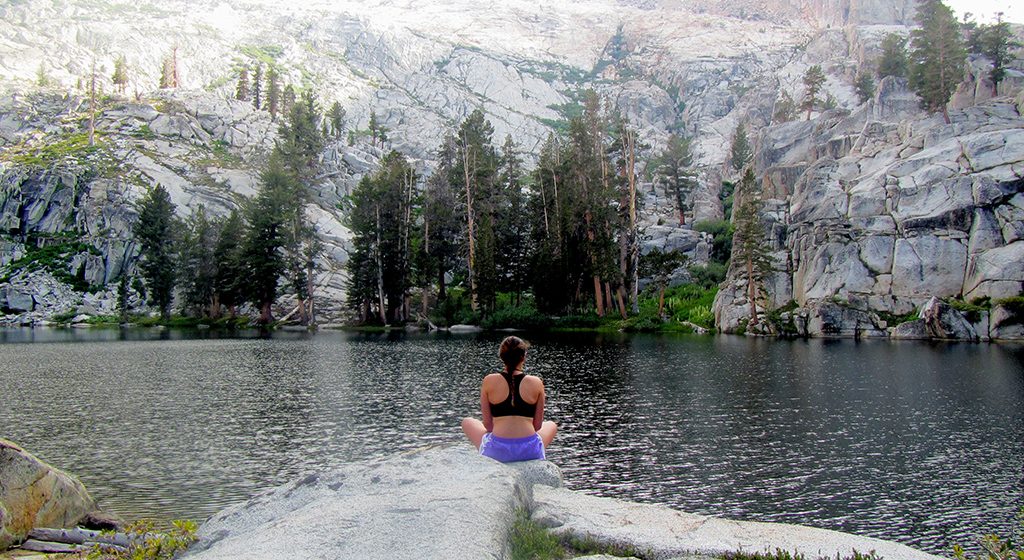
Take a seat, take a breath and give yourself plenty of time to calm down.
2. Assess Yourself
Chances are, since your plans haven’t worked out, there’s something else that has crept up on you that needs to happen next. The most likely culprit is you need to eat, drink water or find a place to sleep. Whichever feels most present is the one you should address first in the safest way possible. Your options may not be ideal, but take the time to make sure they’re still safe. For example, imagine you haven’t arrived at your ideal sleeping location. As long as it’s not on the edge of a cliff or underneath a dead tree, it may be your best choice for the time being to have a good night’s sleep—before you figure out your next steps.
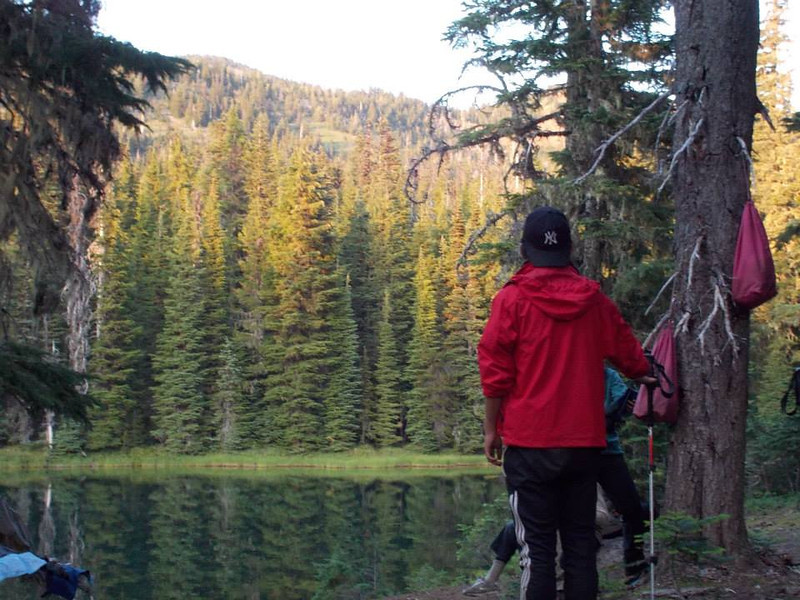
Eat, drink water or find a place to sleep. Whichever feels most present is the one you should address first in the safest way possible.
3. Take Care of Your Partners
If you’re in a group, take a second to assess the rest of your group. Are they tired, hungry, confused, overwhelmed or totally fine? Once you feel calm, safe and taken care of, take a moment to help those around you. Your team’s health and safety are a very important part of your own experience.
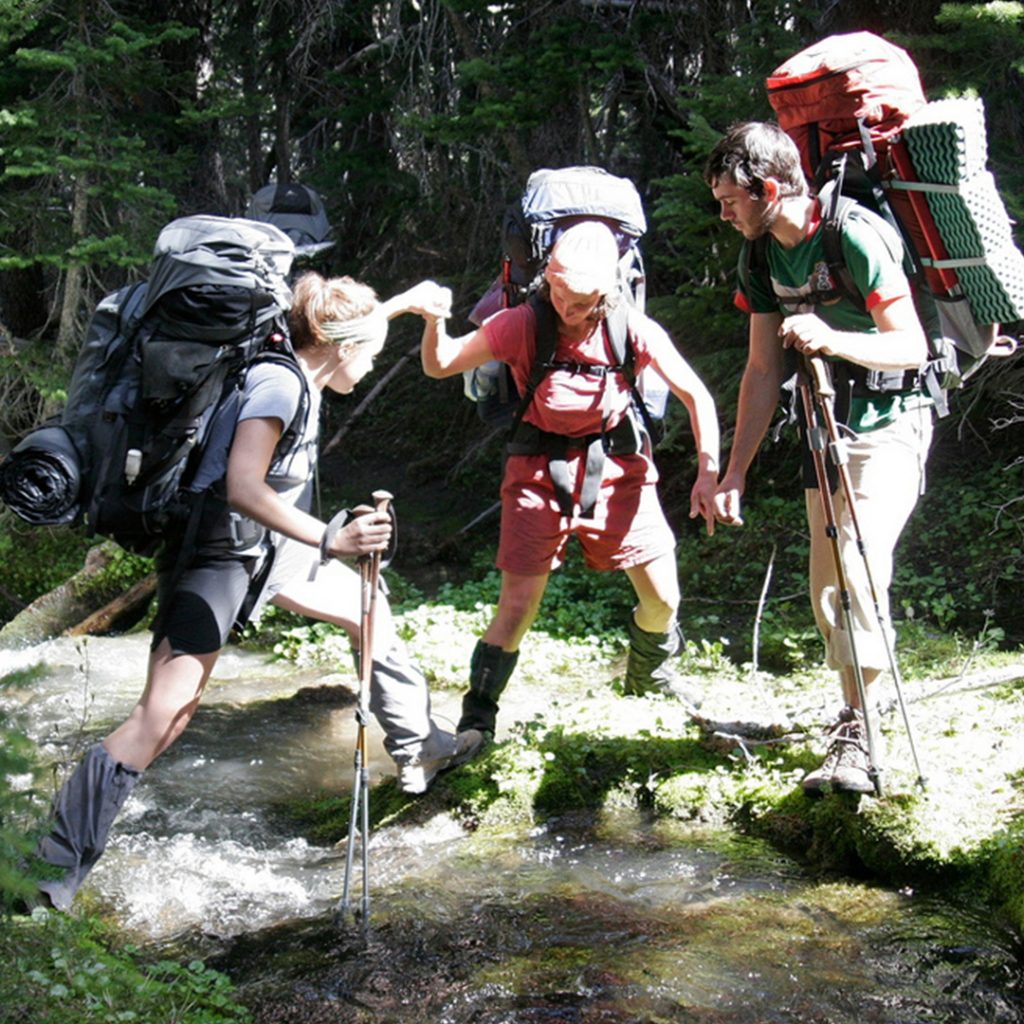
Once you feel calm, safe and taken care of, take a moment to help those around you.
4. Tackle the Situation
Once your basic needs are taken care of, it’s time to address the situation that caused things to change in the first place.
Where are you?
What materials do you have?
What skills do you possess in your group?
How much time do you have?
Who can you contact outside of the wilderness?
What similar solutions to previous situations can you apply here?
Asking as many questions as possible gives you a better picture of what options may exist.

Asking as many questions as possible gives you a better picture of what options may exist.
5. Lay Out Your Options
Lay out potential new plans with the data you’ve gathered. Make your plans abundant, specific, safe and unique. You’ll get a better gauge of the situation you’re in with the more plans you have and the more unique the plans are. This allows you to better see which new plans are ridiculous and which are the most sensible.
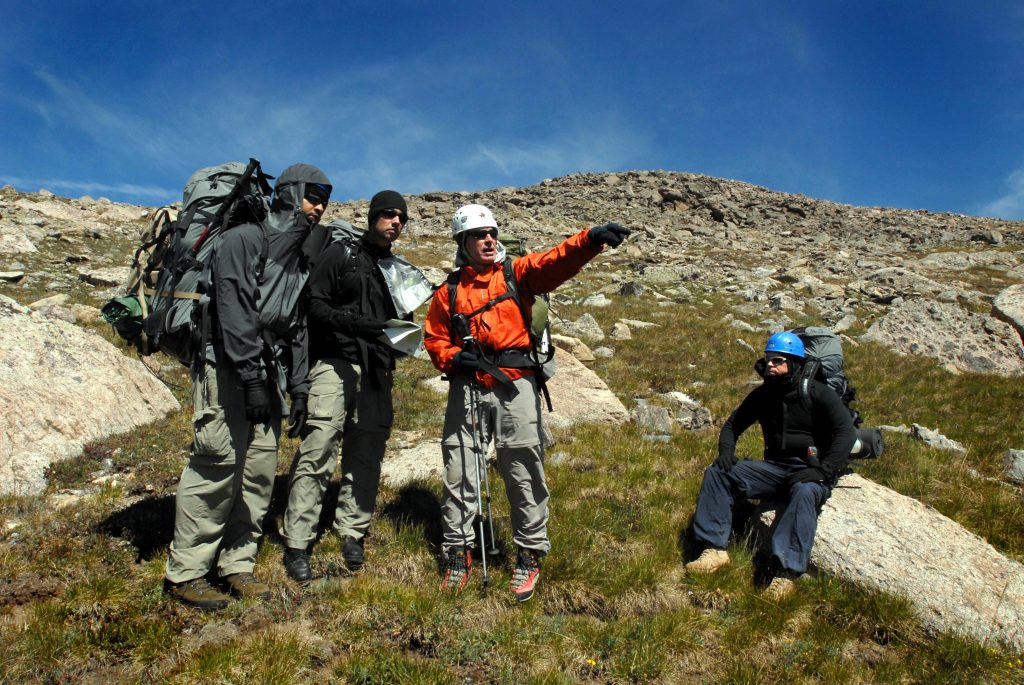
Make your plans abundant, specific, safe and unique.
6. Make a Decision for New Plans
Now is the time to make a decision. It’s important that you move forward. Choose a plan and see how it goes. Don’t be hard on yourself if it’s not the best option. Simply take it as a learning experience and start back at step one if you need to.
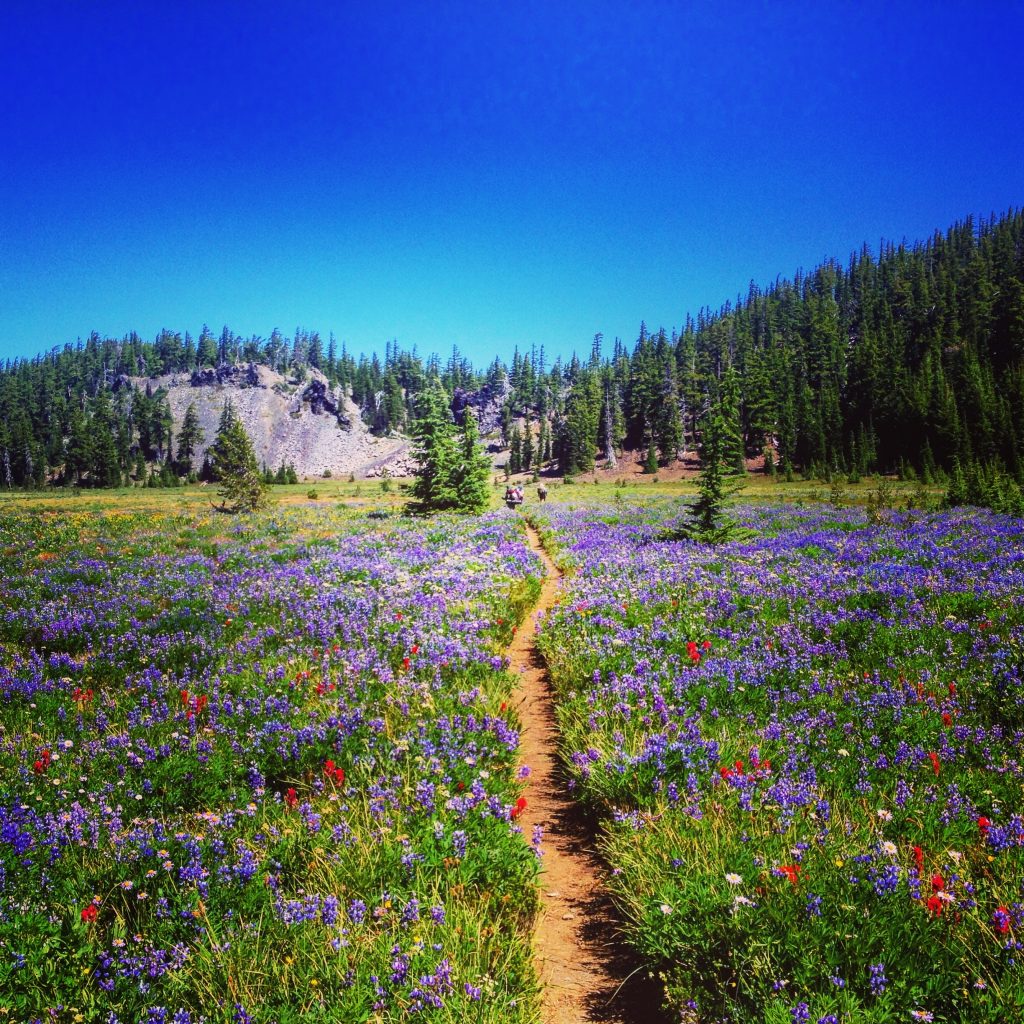
Choose a plan and see how it goes. Photo courtesy of Trevor McKee.
Whether you’re in the wilderness or living everyday life, having your plans fall apart is a relatable story. In spite of its potential anxiety-inducing nature, it’s actually a clear path to more confidence in the future and is an incredible learning experience. Keep the steps above in mind, and as you go through them, pay attention to your own strengths and weaknesses. Moments like these can give you insight into how you handle challenging situations and what areas you may want to work on. You’re not alone, as we all experience situations like these in life. You’ll find your way out.
About the Author
Rebecca Fenn is an outdoor educator, originally from California, who instructs for NYC Outward Bound Schools and North Carolina Outward Bound School. After graduating from University of Chicago with a major in Human Development, Rebecca worked in college admissions and then began her journey toward outdoor education. She became the Life After Eagle Rock Fellow at Eagle Rock School and Professional Development Center, a wilderness-based boarding school in Estes Park, Colorado. There she taught at-risk students “Math for Life” and served as both a college counselor and as a vocational counselor to prepare them for life after Eagle Rock. Upon receiving a Master’s Degree in Education Policy from Harvard, she decided to delve deeper into the Expeditionary Learning model by taking on the challenge of becoming a Field Instructor for Outward Bound. Rebecca is a cartoonist, artist and writer, and loves the challenges and rewards of working with youth in the outdoors. She is always interested in learning more about educational systems, cultures and practices in the United States.
OTHER POSTS YOU MAY LIKE
Read More
Read More
Read More




